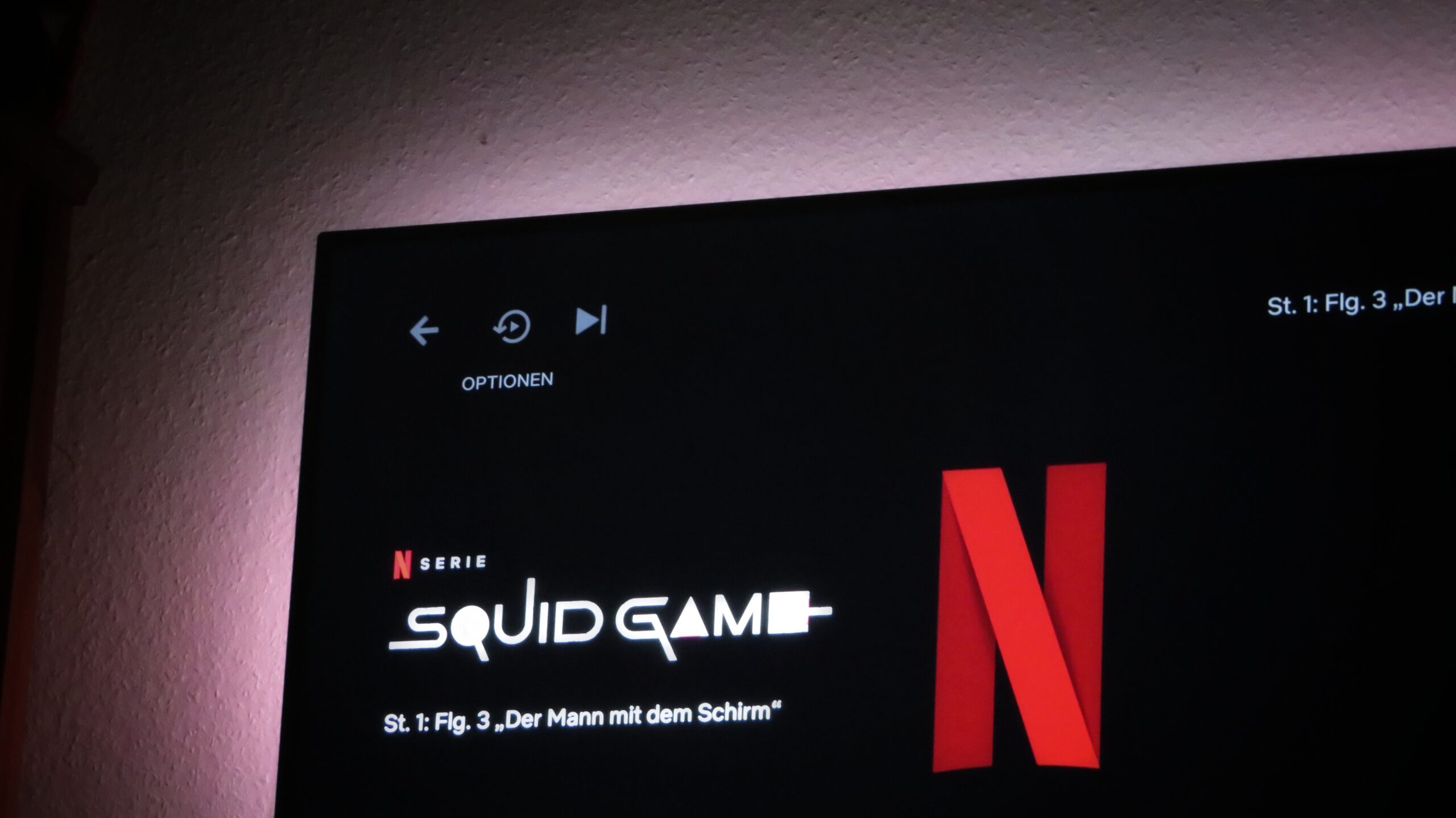Squid Game’s subtitles: Why did it become a controversy?4 min read
Why would a Netflix watcher ask for good quality subtitles?
Because some crucial content gets lost during translation and the entire meaning & tone can change.
Now, let’s talk about Squid Game!!!! The show that is on Netflix and is being watched by millions of people across the globe.

Squid Game is in the Top 10 list of Netflix since its release. It is a thriller survival-themed series, originally in Korean, that portrays hundreds of money-trapped people playing deadly kids games to win 45.6 billion prize money. This has become a global watch in a short number of days. But this hyped Netflix series is facing many controversies online as many viewers have claimed that the subtitles of the series are poorly translated. The translation services are not up to the mark.
Famous personalities like a Korean American Comedian had tweeted last week that the English translation of the series has changed a lot of its actual meaning of the original dialogues. He added, if one does not understand Korean he/she is not watching the same show then. Now, tat’s bad subtitling, isn’t it?
But ,exactly how many lines are getting lost in translation? Are English subtitles of the same show giving viewers a completely different idea & explanation?
Why are they facing issues in translating the subtitles into another language?
According to some experts, meanings sometimes have to adapt with all translations. Sometimes, the small details get lost in translation because all languages cannot be translated directly. At those points, translators or translation services have to look for the closest meaning in that language.
In some scenarios, the translated subtitles miss an important dialogue or lead to mistranslated content due to the lack of proper context given to translators. Also, space is a big thing. Translators might have to limit the number of words to fit the screen for viewers to read.
This sounds like a challenging task right?This is where you need a professional subtitling company.
Why don’t Squid Game’s English subtitles show what’s being actually said in Korean?
Korean translators have talked about some of the primary reasons why the Squid Game’s English subtitles are not exactly the same as what the characters are saying actually in Korean. These are the following reasons:
- It is not a cakewalk to translate different forms of addressIf you have watched Squid Game, you will know there are many differences in how characters are addressing each other. It is tricky to translate them into English. In Korean, factors like gender, hierarchy, intimacy, etc. of people in the conversations affect addressing. The maximum of the addresses do not have direct equivalents in English, hence becomes tough to translate.
For example, for older men, women use the word ‘oppa’. This will translate into something depending on the relationship. This may mean a close older male friend, an older brother, or an older male you are in a relationship with. So, to choose the correct term to translate ‘oppa’, it is important to know what type of relation the two persons are in.
- The foul languages in the show are watered downMany of the strong words in Squid Game are either changed, missing, weakened, or simplified while translating into English subtitles. Korean is famous for having a variety of swear words. This is why some of the omissions in the subtitle are because of repeated English swear words.
Besides, the English subtitles use less offensive cuss words in place of the strong severe ones. For example, ‘f-word’ is replaced with ‘damn’.
- The English subtitles do not do justice to Korean nuancesThe series has a lot of nuances in Korean that are impossible to portray in a detailed way in English subtitles. The Korean to English translation has dropped nuances more because of character limits. The transcribed Korean is around 10 to 20% longer than the allotted English subtitle space. Therefore, it is the only way sometimes to fit within the mentioned character limits.
As you know Korean is more nuanced than English. If translators switch one vowel, consonant, or sentence ending, or an article, there can be subtle changes in the meaning of the whole dialogue. For example, ‘I will do it in English’ can be translated in a dozen ways in the Korean Language.
So, whose fault is it and who can help?
Although we read about the technical difficulties in translation, professional and well-experienced translation services such as Vanan Services can do a great job. It is the experience of the translators that matters. The native translators would understand how to play with words without changing the meaning & tone.


